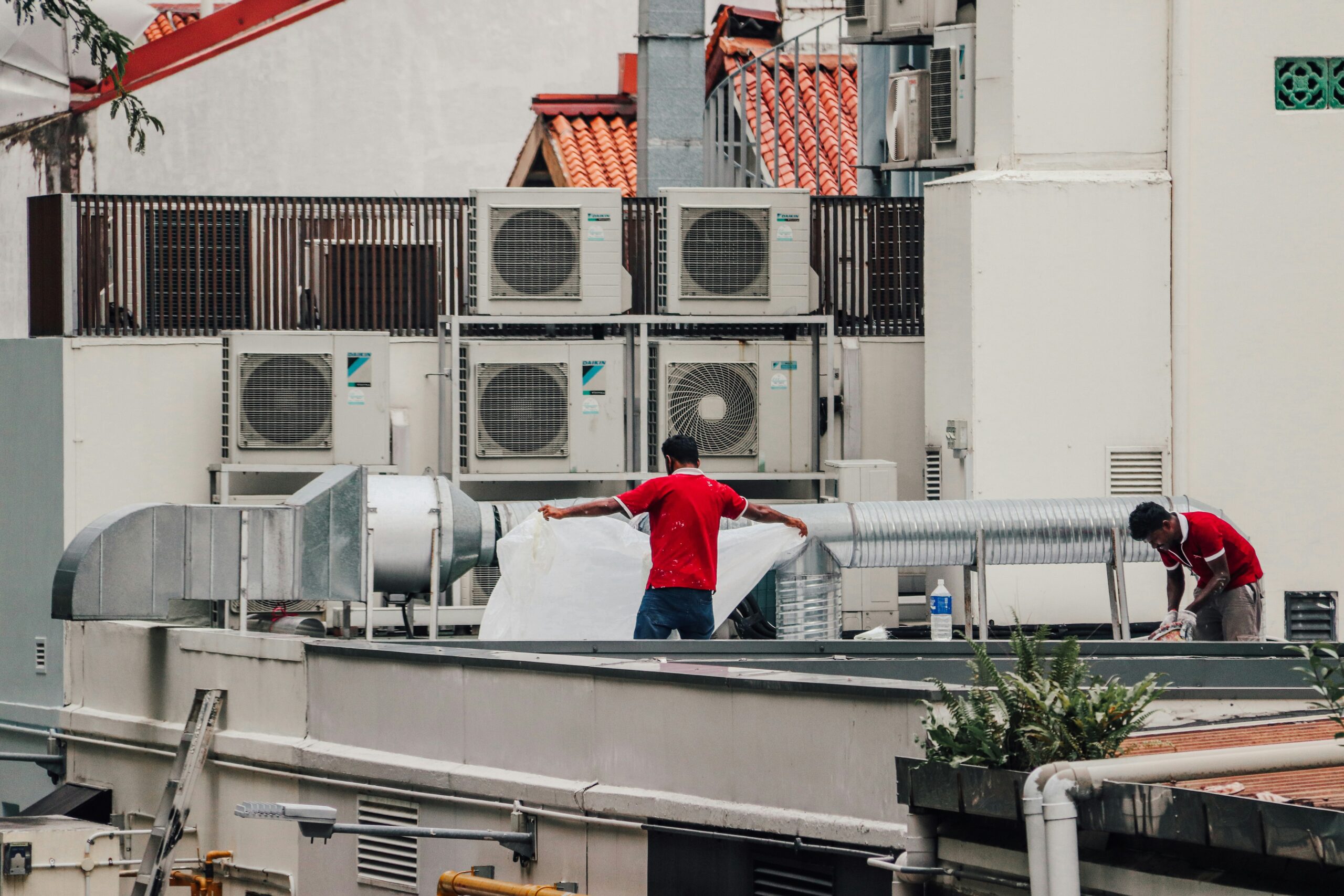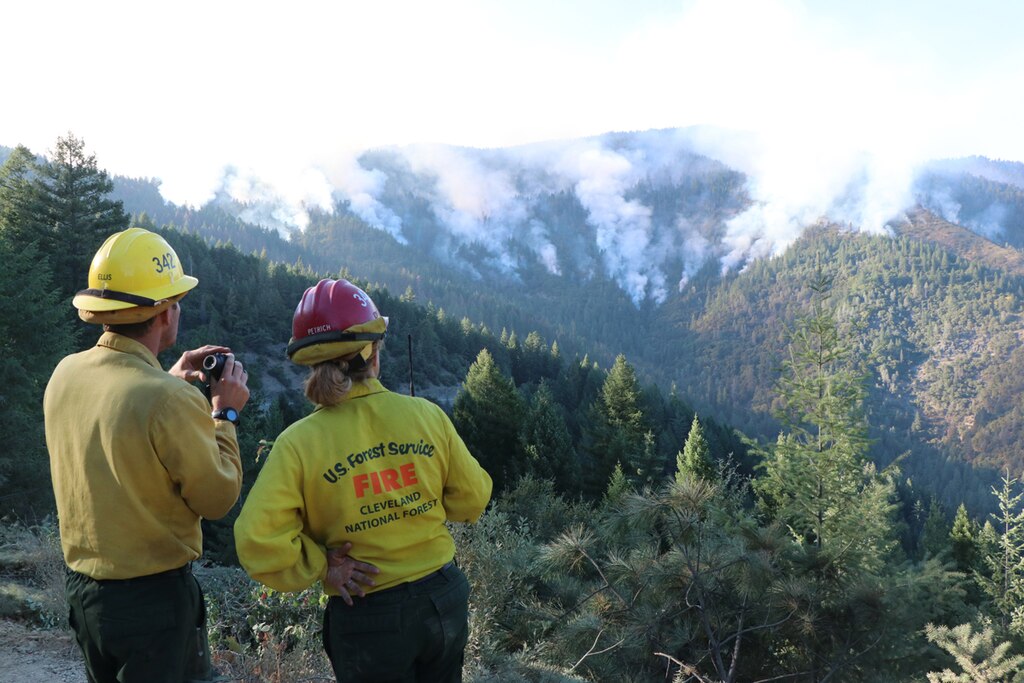
The era of climate change is happening now. Governments and communities are largely unprepared to address the cascading impacts of climate-related hazards, let alone proactively prepare for them. Thus far, the piecemeal approach to addressing the impacts of climate change has been ineffective in reducing the health and economic burden in American communities, and is no longer sufficient to address accelerating impacts. This lack of coordinated, efficient, innovative investment in climate resilience, to increasing urgent hazards such as extreme heat, risks undermining progress, and incurring substantial economic costs.
FAS takes a multipronged approach to address the myriad challenges in this arena – working to:
- Accelerate both technological and policy innovation to improve climate resilience
- Advance policy solutions to address cascading hazards of climate change such as wildfires and extreme heat events
- Keep a focus on communities and populations disproportionately affected by the effects of climate change and the legacy of unfair government policies
This year’s Red Sky Summit was an opportunity to further consider what the role of fire tech can and should be – and how public policy can support its development, scaling, and application.
Promising examples of progress are emerging from the Boston metropolitan area that show the power of partnership between researchers, government officials, practitioners, and community-based organizations.
FAS supports the bipartisan Regional Leadership in Wildland Fire Research Act under review in the House, just as we supported the earlier Senate version. Rep. David Min (D-CA) and Rep. Gabe Evans (R-CO) are leading the bill.
The current wildfire management system is inadequate in the face of increasingly severe and damaging wildfires. Change is urgently needed
National extreme heat resilience requires a “whole of government” federal approach. Here are 18 policy ideas to inspire and inform federal action to tackle our increasingly hot and devastating summers.
The U.S. is short 3.8 million housing units to keep up with household formation. Here are twenty bold policy ideas to fix that.
We’re looking for policy ideas to advance science, technology, and innovation to deliver dramatic progress and build a more inclusive America.
The U.S. is experiencing more frequent and intense wildland fires. While fire is a natural and normal ecological process, today’s fires are causing more destruction to people and property. A changing climate and our current policy responses are amplifying these negative effects. The U.S.’s response to wildland fire can be better informed by science, evidence, […]

Mismatches between the tools we need and the tools we have are particularly apparent in the environmental space. There is a need for creativity and cleverness in how we approach environmental and other types of regulation.

While state and local governments can make significant advances, national extreme heat resilience requires a “whole of government” federal approach.

The U.S. is experiencing more frequent and intense wildland fires, but policy informed by science, evidence, and Indigenous perspectives can lessen the disastrous effects.





